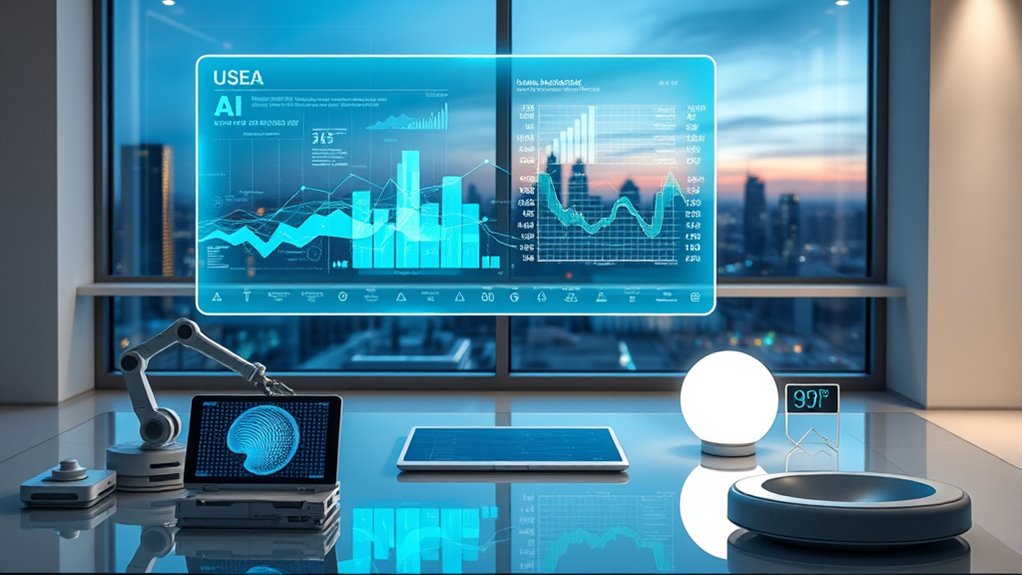Artificial Intelligence, or AI, is changing the world in big ways. It’s a technology that lets machines think and act like humans, and it’s being used in so many areas today. From businesses to schools, AI is making things faster, smarter, and easier for everyone.
In the business world, AI is a huge deal. About 83% of companies see it as a top priority in their plans. Over 90% of executives plan to spend more on AI in the next three years. Right now, 55% of companies use AI, and another 45% are looking into it. The global AI market is worth over $390 billion and is set to grow a lot. AI is also expected to create 97 million jobs by 2025, transforming the employment landscape.
Even small businesses, around 89%, are using AI tools to handle tasks and boost productivity. McKinsey estimates that AI could contribute $4.4 trillion in productivity growth globally, highlighting its transformative potential.
AI’s also making waves in customer service. In retail, the number of workers using generative AI is expected to jump from 36% in 2023 to 45% by 2025. AI voice assistants are getting popular too, with predictions of 8 billion by 2025. Tools like ChatGPT help create personal customer experiences, while automation cuts down response times and makes things run smoother. AI further enhances efficiency by automating repetitive tasks, freeing up human workers to focus on more complex challenges.
AI is transforming customer service with generative tools and voice assistants, enhancing personal experiences and slashing response times in retail.
AI even helps businesses study customer behavior to improve marketing.
Marketing itself benefits from AI as well. Nearly half of businesses, 48%, use AI to handle big data for better insights. It predicts trends and consumer habits with analytics. Netflix, for example, makes over $1 billion a year from personalized content suggestions powered by AI. It also sharpens ad targeting and speeds up campaign tweaks.
Healthcare isn’t left out either. About 38% of medical providers use AI for diagnoses. It predicts patient outcomes, personalizes treatments, and analyzes huge datasets to improve care. AI also streamlines paperwork so staff can focus on patients and speeds up medical research.
Lastly, in education, AI tailors learning to each student’s needs. It automates grading, offers one-on-one tutoring through smart systems, and helps create content. It’s even making learning more accessible for students with different needs.
AI’s reach is wide, and it’s shaping the future in amazing ways.









